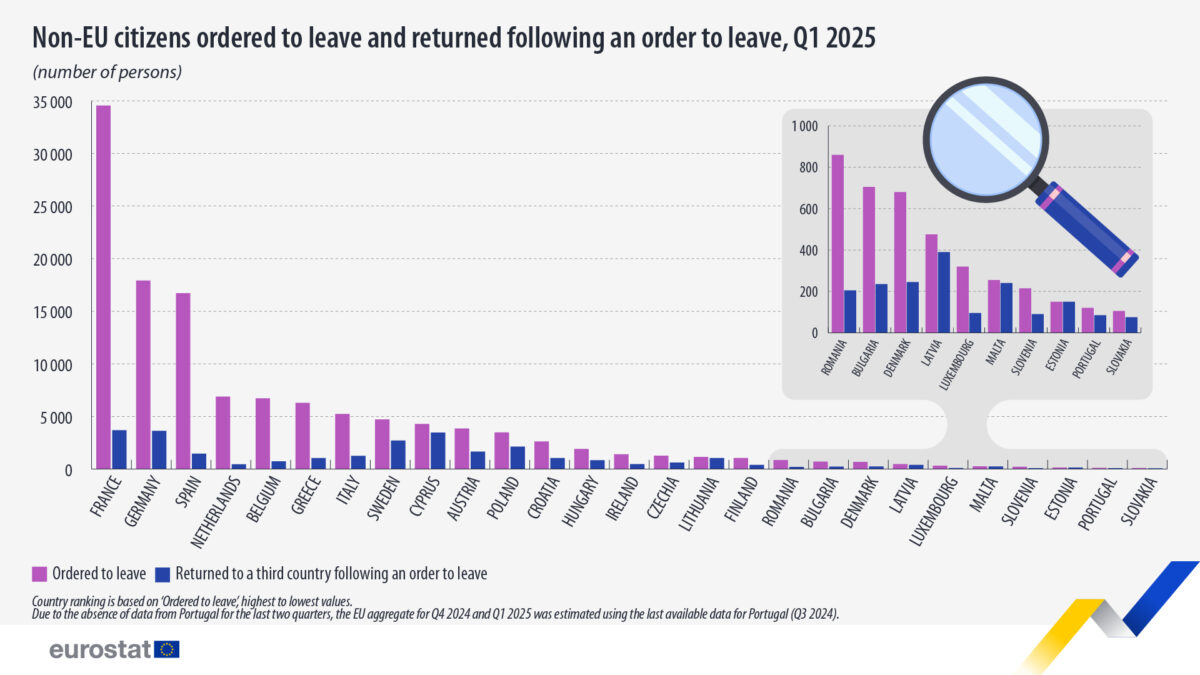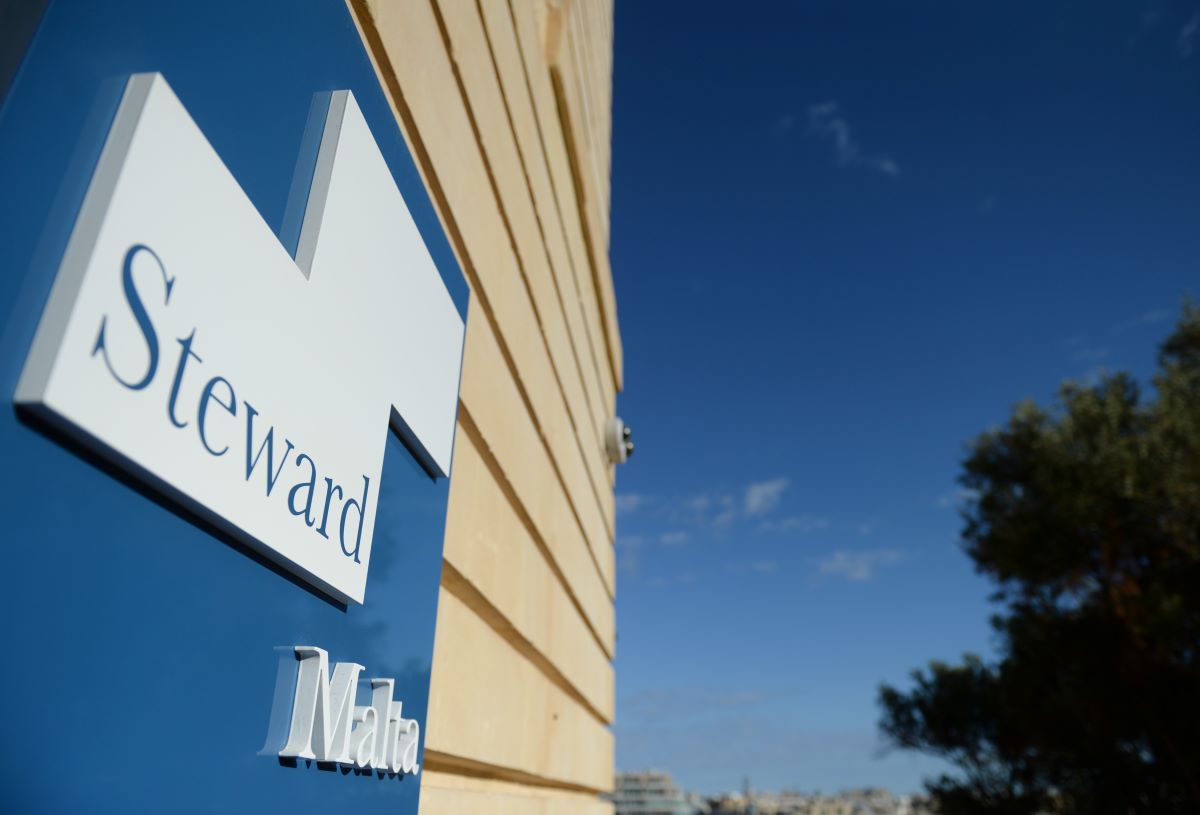A total of 255 third-country nationals were ordered to leave Malta during the first quarter of 2025, according to the latest data published by Eurostat.
This figure forms part of a broader European trend, with EU countries collectively issuing 123,905 such orders between January and March 2025. Compared to the same period last year, this marks an 18.4 per cent increase across the bloc.
Meanwhile, 28,475 people were returned to non-EU countries during the quarter – a 6.4 per cent rise on Q1 2024. However, when compared with the final quarter of 2024, both figures showed a slight decline: Orders to leave were down 0.9 per cent and returns fell by 4.3 per cent.
The most common nationalities ordered to leave EU territory were Algerians (9,995), Moroccans (7,450), and Syrians (6,915). Returns were most frequent to Georgia (2,170), Syria (2,000), and Albania (1,865).
France, Germany, and Spain issued the highest number of return orders, while France, Germany, and Cyprus led in actual returns to third countries. Malta’s figures remained modest in comparison, reflecting its smaller size and more limited role in broader EU migration patterns.

There has been a large influx of people from such countries over the last decade, during which time the foreign population exploded from just over 20,000 in 2011 (under five per cent) to over 158,000 today (representing just over 28 per cent of the total population).
Of the foreigners living in Malta, a majority are non-EU nationals, with India, the Philippines and Nepal being the most represented nationalities.
The population boom has fuelled Malta’s economic growth and led to a major revitalisation of the rental sector, as locals invested in buy-to-let properties.
It also led to the proliferation of many employment agencies, some of which adopted unethical practices that required prospective workers to pay a large upfront sum to obtain a visa. The Maltese Government has since cracked down on such agencies.
Malta sees 176% surge in AI literacy as LinkedIn flags urgent skills shift
On the other hand, talent is rapidly leaving the island
AI to assess callers to health helpline 1400, Health Minister announces
Malta co-hosts WHO conference on artificial intelligence in healthcare
Catering leaders warn labour shortages could deepen
While reforms have curbed abuse and improved standards, long processing delays and slow renewals continue to threaten staff retention






